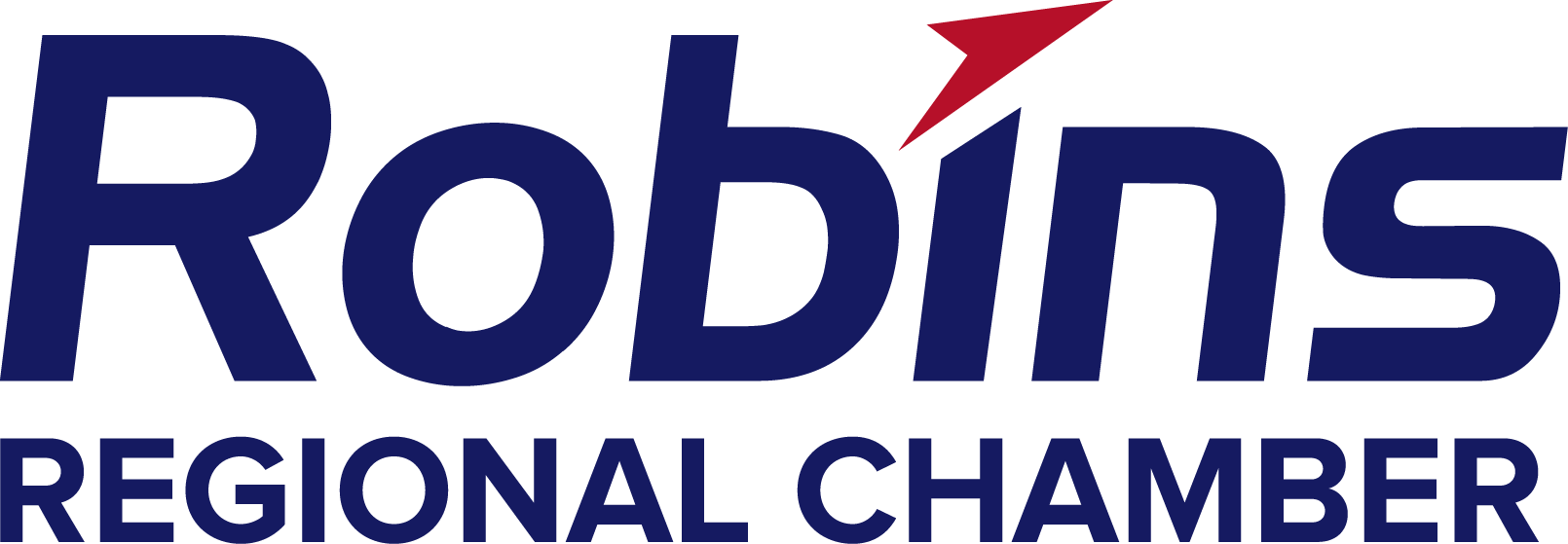Trump Administration Enters into EEOC Supreme Court Case– What Could this Mean for Employers?
By: Brittany E. Bennett, Esq.
The Trump administration last week filed an amicus brief in an Equal Employment Opportunity Commission “EEOC” case pending at the Supreme Court based on alleged sexual orientation discrimination.
The administration’s brief in the joint cases of Bostock v. Clayton County , Ga. and Altitude Express v. Zarda argues that Title VII — a landmark provision of the Civil Rights Act of 1964 banning many forms of discrimination in the workplace — does not cover discrimination based on sexual orientation.
The Equal Employment Opportunity Commission has concluded in the past that Title VII — which forbids many employment actions taken “because of” a person’s “sex” — does protect against discrimination based on sexual orientation.
Bostock and Altitude Express are two of three cases concerning gay and transgender rights that the Supreme Court will hear Oct. 8 and decide no later than June.
Federal lawyers argue that “Title VII’s prohibition on discrimination because of sex does not bar discrimination because of sexual orientation.” The brief draws a distinction between sex and sexual identity, arguing that sexual orientation—sexual identity—is not the same as “sex” and is, therefore, not protected under Title VII.
The brief goes on to assert that discriminating against same-sex couples is not discriminatory on the basis of sex — arguing that employers are only required to apply similar treatments to people in male-male relationships and female-female relationships. In other words, as long as male and female members of the gay community are treated equally, the brief appears to argue, it is not a violation of Title VII to treat them differently than people in heterosexual relationships.
“Unfavorable treatment of a gay or lesbian employee as such is not the consequence of that individual’s sex,” the Justice Department argued, “but instead of an employer’s policy concerning a different trait—sexual orientation—that Title VII does not protect.”
The Justice Department’s amicus brief states that it is up to Congress to amend Title VII to cover anti-gay discrimination, should it choose to do so. “Congress has amended other statutes expressly to cover sexual-orientation discrimination, and it remains free to do the same with Title VII,” it says. “But until it does, this Court should enforce the statute as it is written.” Essentially the Justice Department is requesting that the Supreme Court interpret the law as written without extending the interpretation of language that is not in the black letter law.
Aside from the polarizing debate on whether sexual orientation should be protected under Title VII, the decision on these two court cases will likely have a significant impact on employers whether the Supreme Court rules in favor of the Plaintiffs or in support of the Justice Department.
If the Supreme Court rules that Title VII includes discrimination on the basis of sexual orientation, employers will likely see an increase in EEOC charges filed against them by employees who feel they have been discriminated against in the workplace based on sexual orientation. This decision would also result in an increase in human resource training to include sexual orientation descriptions and complaint procedures.
If the Supreme Court rules in favor of the Justice Department and that Title VII does not include discrimination on the basis of sexual orientation, employers will likely see a decrease in EEOC charges. This will be the result because the EEOC will no longer be able to accept these types of EEOC claims that allege discrimination and have been deemed unprotected or excluded under Title VII.
Phone
Fax
Bennett Law and Mediation Services LLC








